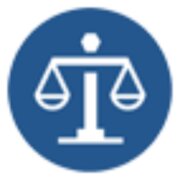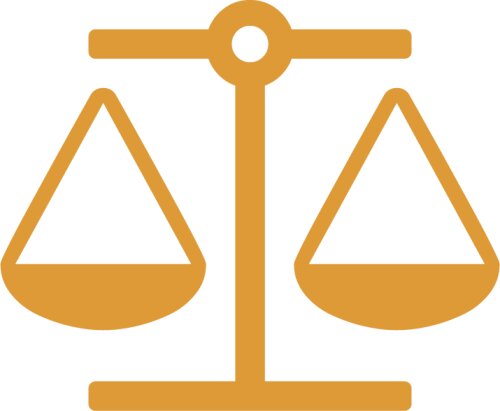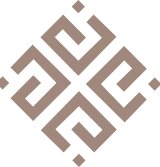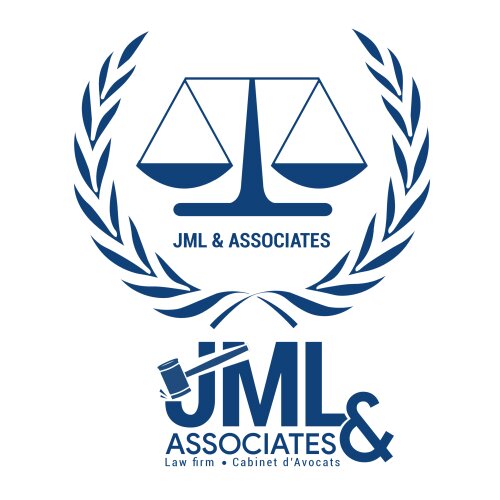Best Adoption Lawyers in DR Congo
Share your needs with us, get contacted by law firms.
Free. Takes 2 min.
Free Guide to Hiring a Family Lawyer
Or refine your search by selecting a city:
List of the best lawyers in DR Congo
About Adoption Law in DR Congo
Adoption in the Democratic Republic of the Congo (DR Congo) is governed by the Family Code, which establishes the legal framework for adoption. It is designed to protect the interests of the child, ensure they are placed in a nurturing environment, and manage the legal processes involved. The DR Congo government is committed to ensuring that adoption processes comply with both national and international standards. Adoptions can be domestic, involving Congolese parents, or international, involving foreign nationals, provided certain conditions are met.
Why You May Need a Lawyer
There are several situations where individuals or families may require legal assistance in adoption matters:
- Understanding complex adoption laws and requirements.
- Guidance on completing necessary documentation and legal procedures.
- Dealing with potential legal challenges or disputes regarding adoption eligibility.
- Facilitating communication between international adoption agencies and local authorities.
- Handling challenges related to the custody and welfare of the child.
Local Laws Overview
The key aspects of local laws relevant to adoption in DR Congo include:
- Eligibility: Prospective parents must meet specific eligibility criteria, including age, marital status, and financial stability.
- Consent: Parental or guardian consent is required, except where the parents are unknown, deceased, or have lost parental rights.
- Judicial Process: Adoption must be approved by a family judge. The process includes vetting by social services and the court.
- International Adoption: Involves additional steps, such as adhering to international treaties and obtaining exit permits for the child.
- Post-Adoption Monitoring: Regular follow-up may be required to ensure the welfare of the adopted child.
Frequently Asked Questions
What are the eligibility criteria for adopting a child in DR Congo?
Prospective adoptive parents must be at least 15 years older than the child, financially stable, and either married or single. Marital status may affect eligibility for international adoptions.
Is international adoption allowed in DR Congo?
Yes, international adoption is permitted but involves additional legal steps and compliance with international regulations such as the Hague Convention on Intercountry Adoption.
How long does the adoption process take?
The adoption process in DR Congo can take several months to over a year, depending on various factors, including legal complexities and the type of adoption.
Can single individuals adopt a child in DR Congo?
Yes, single individuals can adopt, but the requirements may vary depending on whether the adoption is domestic or international.
What documents are required for the adoption process?
Documents typically required include proof of identity, financial statements, a home study report, and any relevant consents from birth parents or legal guardians.
Is a home study required for adoption in DR Congo?
Yes, a home study is an essential part of the adoption process to assess the suitability of the adoptive home environment.
What are the costs involved in adopting a child from DR Congo?
Costs can vary widely depending on whether the adoption is domestic or international, including legal fees, court costs, and possible travel expenses for international adoptions.
How can I find a legal practitioner with expertise in adoption law in DR Congo?
It is advisable to consult the Congolese Bar Association or seek referrals from adoption agencies and NGOs specializing in child welfare.
What protections are in place for the child in the adoption process?
DR Congo's laws prioritize the child's best interests, including thorough vetting of adoptive parents and mandatory post-adoption follow-ups.
What happens if an adoption application is denied?
If an application is denied, applicants can appeal the decision in a higher court or address any deficiencies identified during the review process.
Additional Resources
Several resources and organizations can provide assistance and information on adoption in DR Congo:
- The Ministry of Gender, Family, and Children: Governs family-related issues including adoption.
- Local and international adoption agencies: Provide guidance and facilitate the adoption process.
- Non-governmental organizations: Such as UNICEF or Save the Children, may offer support and information.
- Civic Legal Aid entities: Provide guidance on legal processes and rights related to adoption.
Next Steps
If you seek legal assistance in adoption matters, consider the following steps:
- Contact a legal professional with expertise in family law and adoption. References from trusted sources or legal directories can be helpful.
- Consult with local adoption agencies to understand the detailed process and acquire necessary documentation.
- Engage with relevant governmental bodies or NGOs for comprehensive guidance and support during the adoption process.
- Attend informational sessions or workshops on adoption organized by legal and adoption agencies to gain further insights.
Lawzana helps you find the best lawyers and law firms in DR Congo through a curated and pre-screened list of qualified legal professionals. Our platform offers rankings and detailed profiles of attorneys and law firms, allowing you to compare based on practice areas, including Adoption, experience, and client feedback.
Each profile includes a description of the firm's areas of practice, client reviews, team members and partners, year of establishment, spoken languages, office locations, contact information, social media presence, and any published articles or resources. Most firms on our platform speak English and are experienced in both local and international legal matters.
Get a quote from top-rated law firms in DR Congo — quickly, securely, and without unnecessary hassle.
Disclaimer:
The information provided on this page is for general informational purposes only and does not constitute legal advice. While we strive to ensure the accuracy and relevance of the content, legal information may change over time, and interpretations of the law can vary. You should always consult with a qualified legal professional for advice specific to your situation.
We disclaim all liability for actions taken or not taken based on the content of this page. If you believe any information is incorrect or outdated, please contact us, and we will review and update it where appropriate.
Browse adoption law firms by city in DR Congo
Refine your search by selecting a city.
















